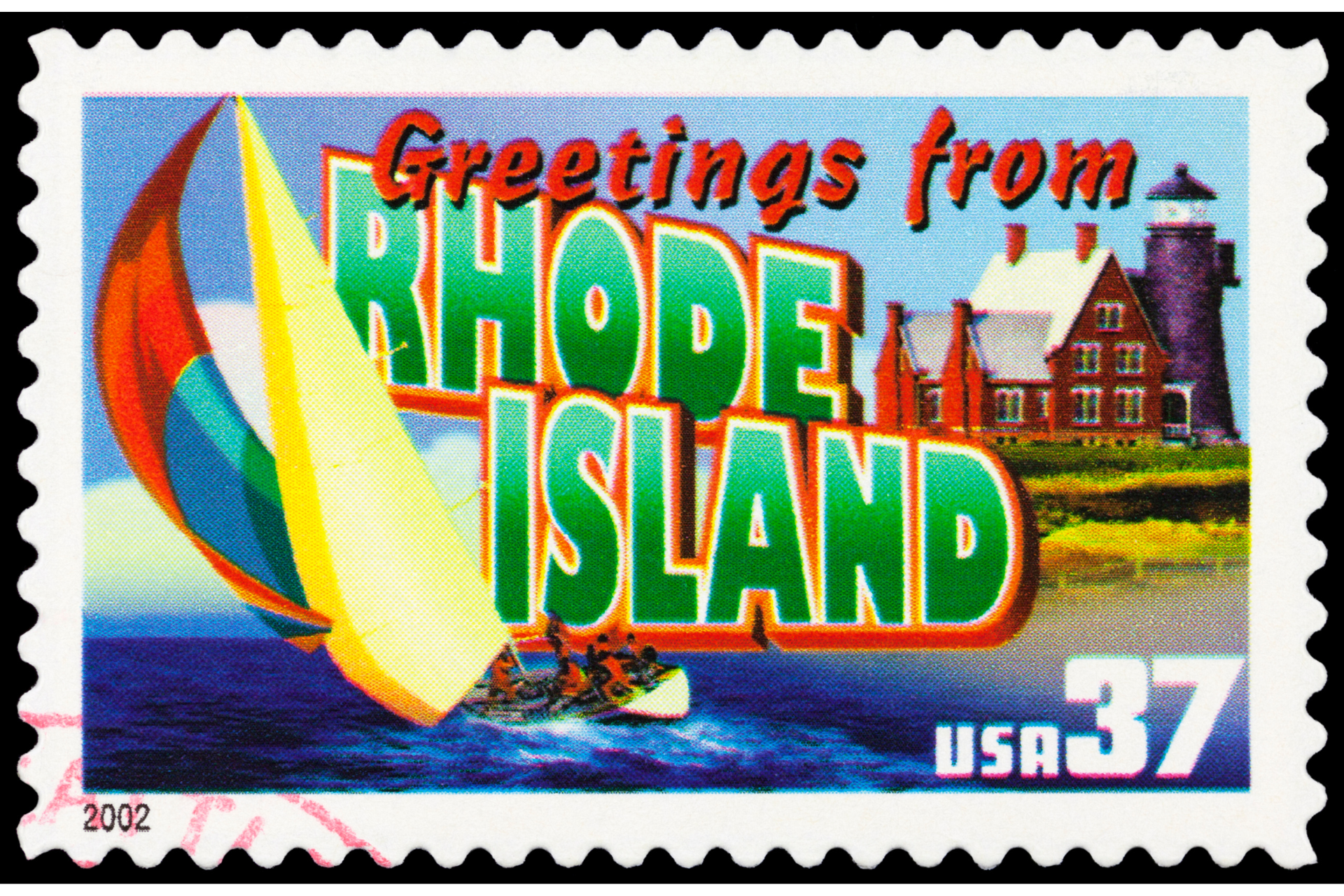On a recent visit to Puerto Rico, Vice President Harris was spotted clapping along to a Spanish language protest song.
“The vice president is here making history,” the lyrics of the song explained. “We want to know what she thinks of the colony.”
A public reference to Puerto Rico’s status as a colony is a change from the past. It’s not so long ago that a former governor testified at a Senate hearing that Puerto Rico is “not a mere territory.” Two years after that Senate testimony, in 2015, Puerto Rico’s then-Resident Commissioner and current Governor Pedro Pierluisi explained in a 2015 New York Times essay, “Perhaps in an effort to be polite, certain commentators refer to Puerto Rico as a ‘commonwealth,’ implying that Puerto Rico has a special status. But this word has no practical meaning, as demonstrated by the fact that several states call themselves ‘commonwealths.’”
Increasingly, people on the Island and across the nation are beginning to see the relationship between the United States and Puerto Rico as not “the best of both worlds” or a “unique relationship,” Instead, Americans are increasingly seeing U.S.-Puerto Rico as a colonial relationship in which Puerto Rico belongs to the United States, provides benefits to the United States, and experiences unequal treatment compared with the states.
Disillusionment
This can be a difficult idea to grasp. Historically, America sees itself in the rebels who threw tea overboard at the Boston tea party in protest of British colonialism, and not as an oppressive colonial power itself. Puerto Rico hasn’t always thought of itself as a colony as much as a benign sounding “commonwealth.” But attitudes are shifting, and the protestors apparently wanted to know what the Vice President thinks of the colony.
The myth of the commonwealth, the idea that the unique relationship between Puerto Rico and the United States was based on a compact which could be enhanced, developed, and perfected over time, has been hindering Puerto Rico’s development for more than 70 years. Laws like PROMESA and recent Supreme Court decisions like Sanchez Valle have destroyed that myth. Believers may still have trouble giving it up, but the number of believers is dwindling as evidence mounts.
Solution
Most of the world’s former colonies have ended their colonial relationships by either becoming full members of the countries they used to belong to, like Guadeloupe, or independent, like Haiti.
Those are the possibilities for Puerto Rico, too. Puerto Rico can become an independent nation, like so many of its Caribbean neighbors. Following the example of the Philippines, Puerto Rico can negotiate a transition to independence.
Puerto Rico can also become a state, on an equal footing with the current 50 states. Following the example of Hawaii, Puerto Rico can join the Union as a state.
Continuing as a colony is not what the people of Puerto Rico want. It’s also not in keeping with American values. Congress must meet its responsibility to settle the political status of Puerto Rico.


